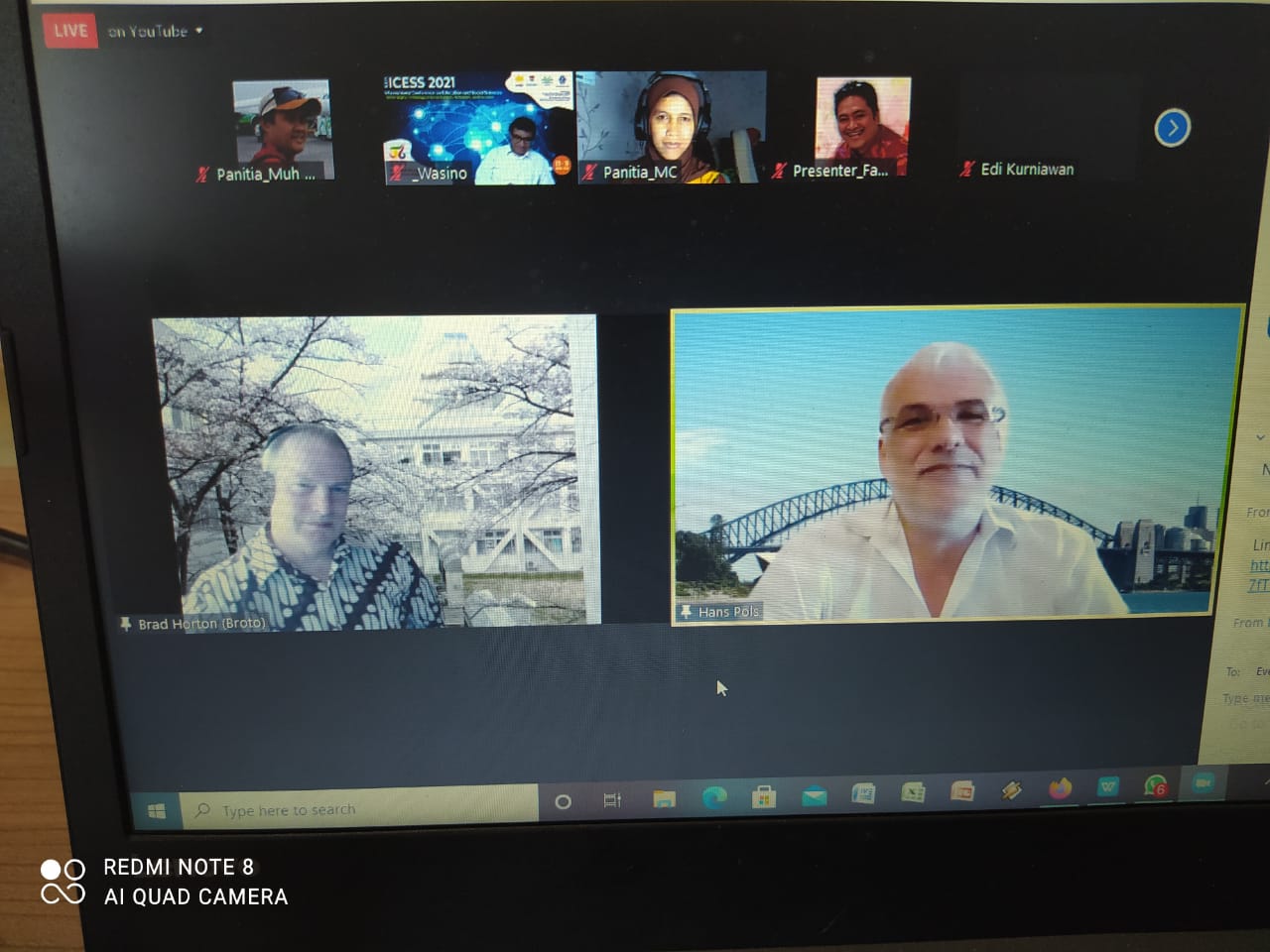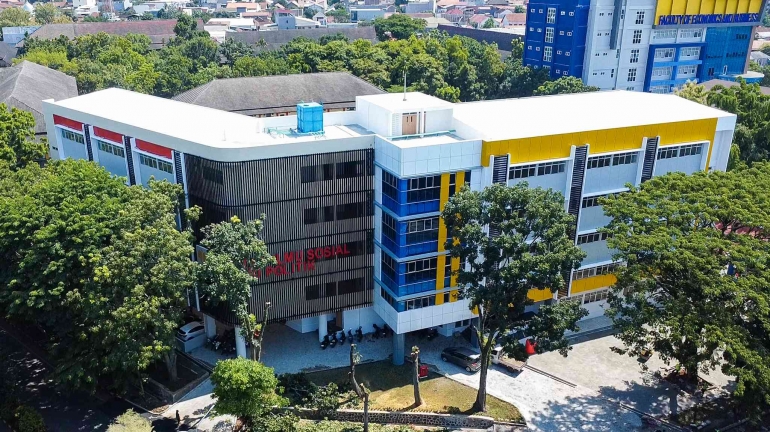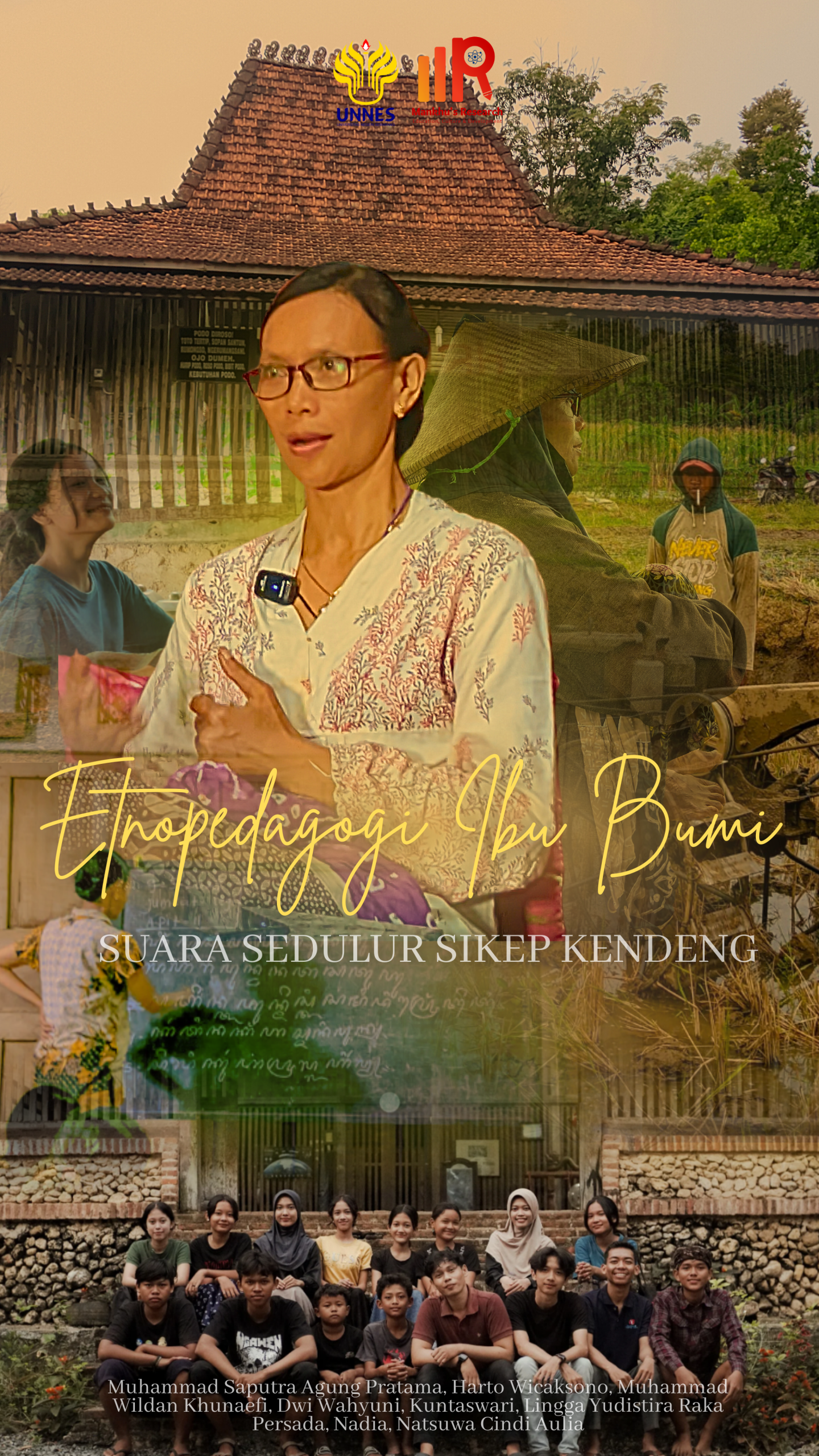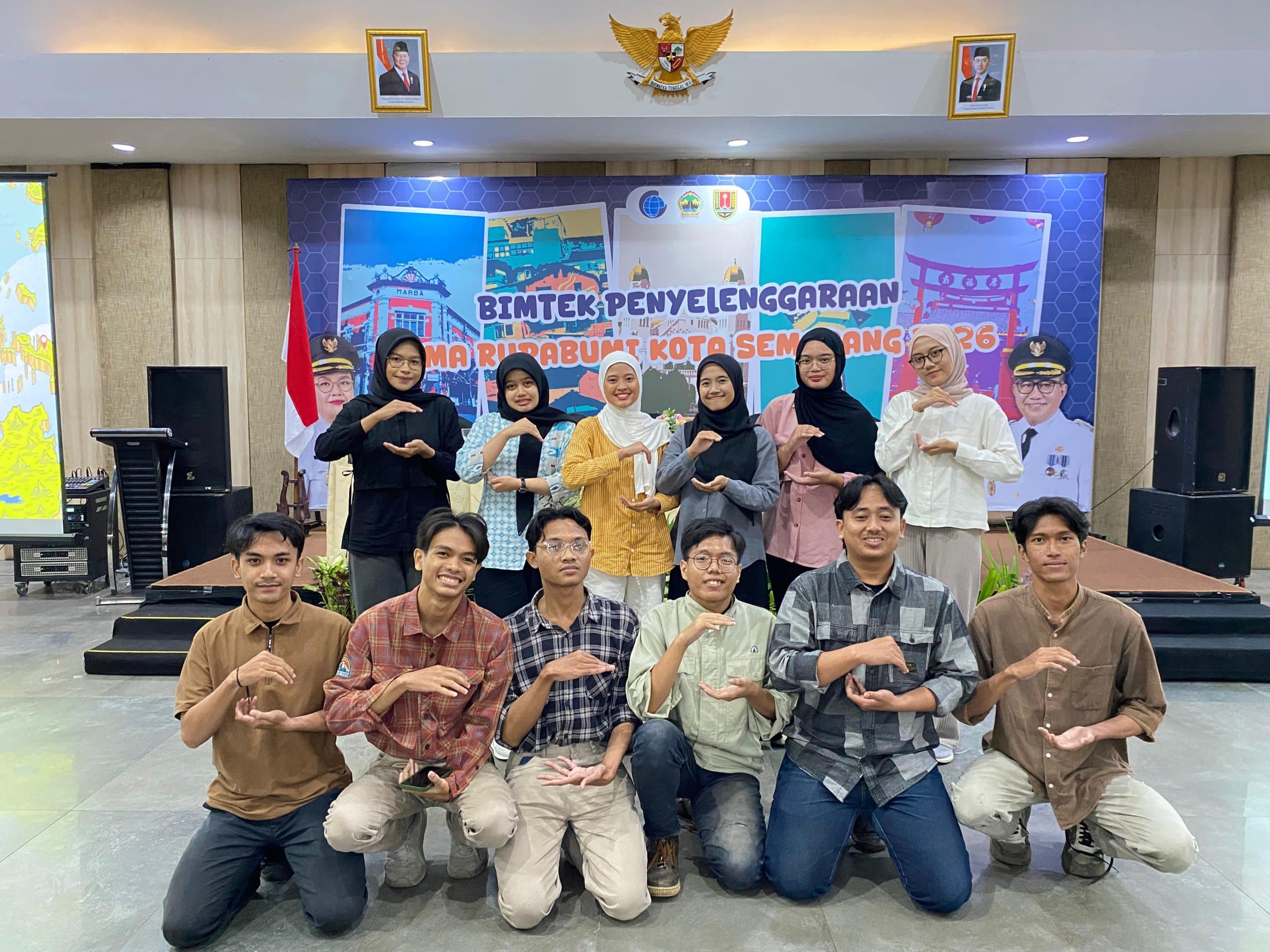Semarang, FIS UNNES, 2021. William Bradley Horton, Ph. D, Associate Professor, Faculty of Education and Human Studies, Akita University dan Prof. Hans Pols, Faculty of Scince, The University of Sidney menjadi pembicara hari pertama dalam 6th International Conference on Education and Social Sciences (ICESS) 2021 yang diselenggarakan oleh FIS UNNES, Jum’at 9 April 2021.
Pembicara pertama, William Bradley Horton yang akrab disapa Mas Broto mengawali paparannya dengan mengutip pernyataan dari Walter Benjamin, “There is in the life of a collector a dialectical tension between the poles of order and disorder. Naturally, his existence is tied to many other things as well: to a very mysterious relationship to ownership…also to a relationship to objects which does not emphasize their functional, utilitarian value—that is, their usefulness—but studies and loves them as the scene, the stage, of their fate. … For him, not only books but also copies of books have their fates.”
William Bradley Horton menyampaikan materi tentang Digital Humanities in the Covid Era: The Perspective of a Historian of Modern Indonesia from Northern Japan. Secara gamblang Horton membahas tentang penggunaan sumber digital dalam penelitian di masa pandemi covid-19. Menurutnya, Sumber-sumber digital menyediakan data yang berlimpah, namun terdapat beberapa kelemahan dalam penelitian yang menggunakan sumber digital, yakni: 1) sejumlah sumber data berbayar, sehingga ada yang tidak dapat mengaksesnya, 2) terjadi dekontekstualisasi dokumen, dan tidak fair dalam hal penghargaan kinerja, menghasilkan karya yang dangkal.
Dekontekstualisasi merupakan satu hal penting dalam penelitian berbasis data digital. Walaupun buku bisa diperoleh dari sumber online, buku yang diperoleh secara langsung dari sumber, memuat beragam konteks penting mulai dari tempat membeli buku, dan tempat meminjam buku. Selain itu arsip digital yang dimiliki sebuah institusi memiliki kelemahan dalam hal mekanisme aksesnya. Jauh lebih mudah mengakses arsip pribadi daripada arsip Lembaga yang sudah didigitalkan.
Diahir paparannya, William Bradley Horton memberi penegasan bahwa “In the end, there is a narrow path which we must pass down on this extremely important process of expanding the digital humanities. While original paintings will still hold a draw for many, the impact of digitalization in the field of history is even more important, and will shape our future history of the Indonesian past”.
Pembicara kedua, Prof Hans Pols menyampaikan materi tentang Epidemics in History Indonesia and Worldwide. Secara panjang dan mendalam, Hans Pols memaparkan tentang catatan sejarah epidemi yang pernah dialami masyarakat Indonesia maupun warga dunia. Menurut Hans Pols, Epidemi bisa dipahami dari perspektif medis, sejarah, sosiologis, dan etnografi/ antropologis sebagai alat analisis. Epidemi digambarkan sebagai situasi di mana masyarakat menunjukkan sikap tidak biasa Takut, panik, reaksi sosial, reaksi medis, reaksi pemerintah, reaksi individu, beredarnya berita palsu/ hoax, agama, dan politik. Epidemi juga menjadi motivasi untuk mendapatkan keuntungansendiri.
Situsi inilah yang menimbulkan semacam kebingungan dan dinamika di tengah masyarakat, termasuk tuduhan-tuduhan yang ditujukan pada kelompok masyarakat tertentu dengan alasan agama, kesehatan, dan kekuasaan. Bagaimanapun orang miskin yang paling menderita, karena setiap kebijakan yang dikeluarkan pemerintah seolah memberi kesulitan baru. Kebijakan di rumah saja atau belajar di rumah tentu membawa konsekuensi, dan orang miskin nyatanya tidak mempunyai akses memadai, seperti laptoop dan internet.
Hans Pols memaparkan sejarah pandemi atau wabah yang pernah terjadi di Hindia Belanda, diantaranya adalah wabah smallpox, kolera, flu spanyol, black death, serta malaria.
Semua wabah tersebut memberi pengaruh besar dalam keidupan masyarakat. Setiap wabah mendapat respon dan reaksi dari masyarakat, dan pemerintah (baik pemerintah Indonesia, maupun pemerintah Belanda saat masa penjajahan).
Beberapa respon dan reaksi yang penting adalah: 1) adanya pengaruh nilai-nilai agama, dan kepercayaan dalam memandang wabah. Misalnya wabah adalah teguran, wabah adalah pengaruh roh jahat, wabah bisa hilang dengan berdoa, dan lain-lain, 2) terdapat kecenderungan mengkambinghitamkan kelompok tertentu. Misalnya India dianggap bertanggung jawab atas penyebaran kolera, 3) Reaksi pemerintah yang berbeda dari satu negara ke negara yang lain, 4) Adanya pihak-pihak yang memanfaatkan situasi pandemic untuk meraih keuntungan.
Paparan kedua pakar tersebut dipandu secara komunikatif oleh Ninuk Solikhah Akhiroh, S.S., M. Hum, dosen Fakultas Ilmu Sosial Universitas Negeri Semarang. Setelah kedua pembicara tersebut menyampaikan materinya, sesi berikutnya dilanjutkan dengan tanya jawab dari peserta yang ditujukan kepada pembicara yang sama-sama fasih berbahasa Indonesia tersebut. Beberapa pertanyaan dan jawaban mengalir, dan banyak informasi baru yang diuraikan, hingga moderator harus mengahiri sesi karena harus menyesuaikan jadwal ICESS 2021.
Berdasarkan informasi panitia, hari pertama ICESS 2021 setelah paparan dari pembicara utama, dilanjutkan dengan sesi presentasi secara paralel. Pemakalah dibagi menjadi 5 ruang zoom untuk mempresentasikan makalahnya dipandu oleh masing-masing moderator dari panitia. Adapun peserta yang bukan pemakalah dipersilahkan memilih ruang zoom sesuai dengan minatnya.




